Thailand’s cannabis laws 2024
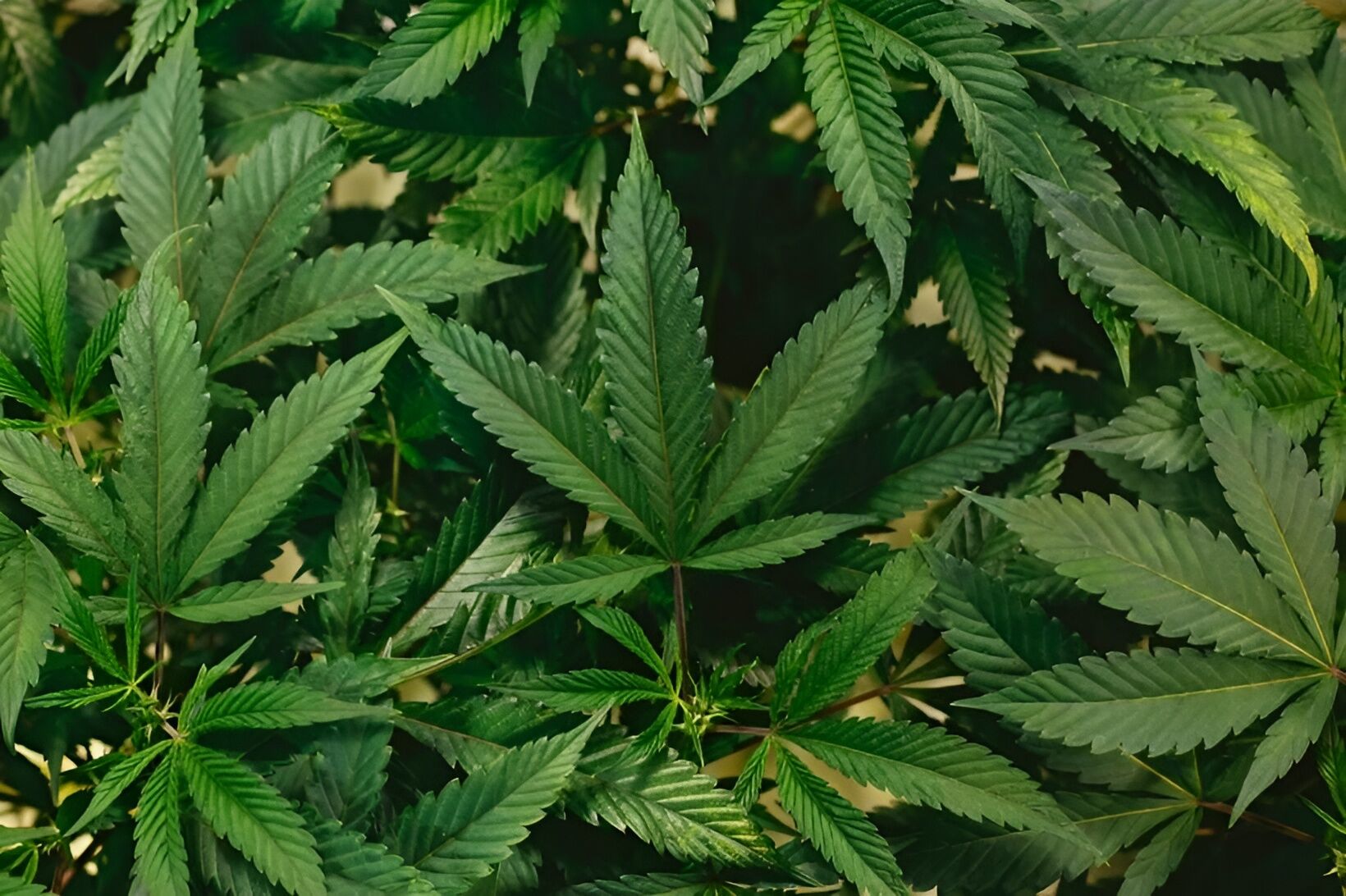
Thailand’s legal cannabis regulations are undergoing significant transformations, making it imperative for visitors and medical users to remain informed. Beginning in 2024, the Thai government will intensify restrictions on recreational use, emphasising medical and research applications. These new regulations introduce substantial fines and potential imprisonment for unauthorised use or cultivation. Anticipate considerable changes on the horizon.
History of cannabis legalisation in Thailand
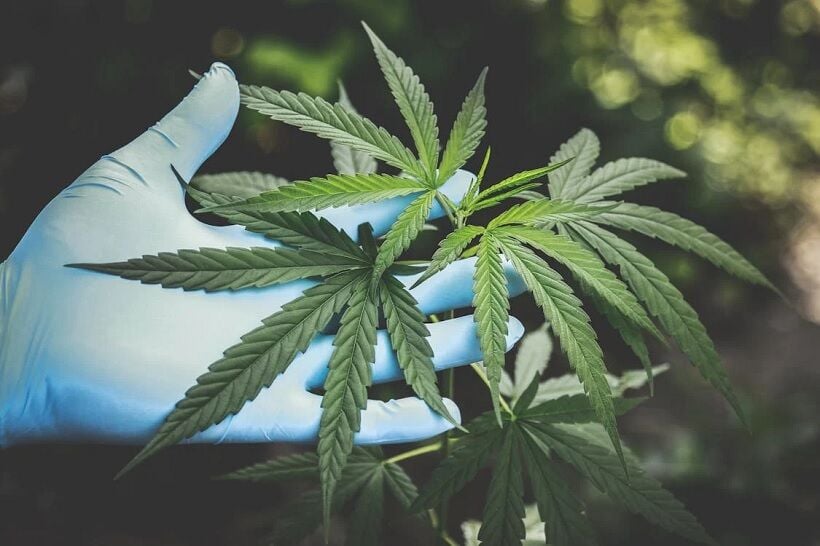
Early beginnings
Cannabis in Thailand has longstanding historical significance, with origins tracing back approximately 12,000 years to its introduction from India. It was predominantly utilised for the production of fibres for ropes and clothing. Additionally, cannabis has played a crucial role in traditional medicine, frequently employed for pain relief and muscle relaxation.
Recent times
Thailand’s legal framework for cannabis originated with the Drug Act of 1922—this legislation, culminated in the 1979 Narcotics Act, which remained effective for over four decades. A change occurred in 2014 when the National Council for Peace and Order issued an announcement decriminalising drug use. Individuals apprehended for drug-related offences were provided treatment options rather than facing legal penalties.
Legalisation of cannabis Thailand
February 19, 2019: Initial amendment
The Thai government amended the 1979 Narcotics Act, allowing limited medical use of cannabis. This marked a new era for cannabis laws in Thailand. It was the first step toward regulatory liberalisation.
June 9, 2022: Delisting of cannabis
MoPH delisted cannabis and hemp plants and their unprocessed parts from the Narcotics Act. This change made these plants legal for medical and industrial use. The private sector could now grow, possess, sell, and use locally cultivated cannabis and hemp without a licence.
June 2022: Full legalisation of low-THC cannabis
Cannabis containing less than 0.2% THC became fully legal. This led to a significant rise in cannabis dispensaries and an emerging cannabis tradition in Thailand. You can readily find and purchase various cannabis products.
2023: Tightening regulations
The Thai government began tightening regulations around the cannabis industry. A specific focus was on limiting recreational use to ensure it stayed primarily medical. Stricter rules aimed to prevent misuse and maintain compliance.
By understanding this timeline, you can guide Thailand’s evolving cannabis view more effectively. Keeping up with current cannabis laws in Thailand is crucial for staying compliant. As regulations continue to change, staying informed will help you use opportunities within legal boundaries.
Current cannabis laws
Understanding cannabis laws in Thailand keeps you within legal boundaries and helps you enjoy your experience responsibly.
Age Rules
In Thailand, you need to be at least 20 years old to buy, have, or use cannabis. It’s a no-go to sell any cannabis items to minors. Pregnant and breastfeeding women are also advised not to purchase cannabis-related products.
Permitted consumption methods
You can legally smoke cannabis for personal use in private spaces. However, consuming it in public is not allowed and is viewed as a public disturbance. This could lead to fines of up to 25,000 Baht (around US$700) and potential jail time for up to 3 months. You can also enjoy cannabis-infused edibles at certain approved eateries.
Legal limits for personal possession
Personal cannabis usage doesn’t have specific quantity limits. However, possession of extracts with more than 0.2% THC remains regulated as Category 5 narcotics. Such possession requires proper authorisation to avoid legal issues.
Specific restrictions on public consumption
Public smoking of cannabis is banned due to its classification as a public nuisance. Offenders can face a fine of up to 25,000 Baht and/or imprisonment for up to 3 months. Always ensure consumption occurs in private spaces to comply with the law.
Cannabis legalisation in other countries (country, effective date, and licensed sales since)
Cannabis laws in Thailand are changing, focusing more on medical and health uses. Exploring how other countries have approached legalisation could provide insights.
| Country | Effective Date | Licensed Sales Since |
|---|---|---|
| Uruguay | December 2013 | July 2017 |
| Georgia | 30 July 2018 | Never authorised |
| South Africa | 18 September 2018 | Never authorised |
| Canada | 17 October 2018 | 17 October 2018 |
| Mexico | 28 June 2021 | Never authorised |
| Malta | 14 December 2021 | Never authorised |
| Luxembourg | 21 July 2023 | Never authorised |
| Germany | 1 April 2024 | Never authorised |
| United States | Varies by state | Varies by state |
These dates illustrate the diversity in global approaches to cannabis legalisation. Many countries show a trend towards medical and regulated use, aligning with changes in cannabis laws in Thailand.
Medical cannabis regulations
Thailand’s medical cannabis laws, the first in Asia, offer a structured approach to cannabis use for health purposes.
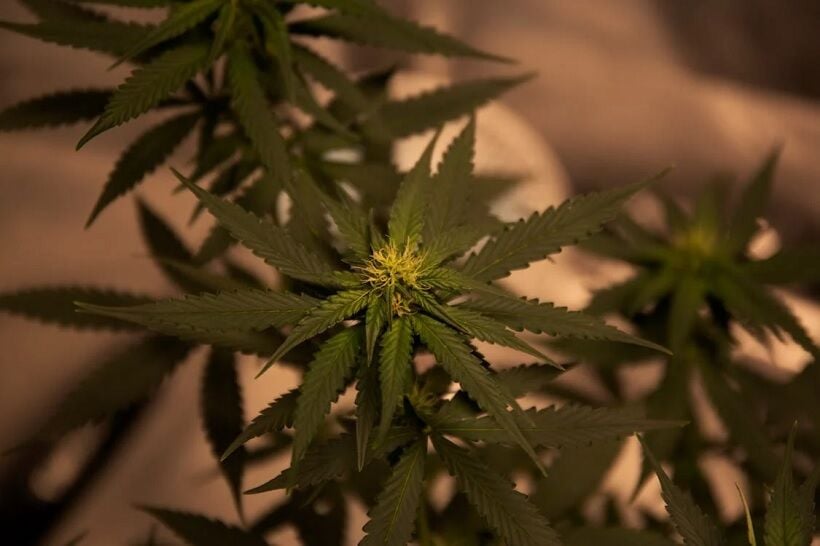
Process for obtaining a prescription
A hospital specialist can prescribe medical cannabis. This occurs after exhausting other treatment options. You’ll receive a prescription when traditional treatments are unsuitable or ineffective.
Registered medical cannabis providers
Licensed traditional medicine professionals and modern medical practitioners dispense medicinal-grade cannabis. Only registered providers can legally distribute cannabis, ensuring you receive a regulated and safe product.
Recreational Cannabis Regulations
In Thailand, cannabis for recreational use is currently legal. However, the government has plans to make it illegal by the end of 2024. The proposed law aims to impose hefty fines of up to 60,000 baht ($1,700) for anyone caught using cannabis recreationally once the ban is in effect. As of now, it is legal to use cannabis recreationally, but the restrictions are becoming tighter as we move closer to 2024.
Public use of cannabis, such as smoking or vaping, is not permitted and could result in penalties. If you’re caught, you could face a fine of up to 25,000 baht ($700) or a jail term of up to 3 months. Private use of cannabis is permitted, but it’s crucial to stay aware of and respect the local restrictions to avoid running into trouble.
The penalties for not complying with the recreational cannabis use laws can be as high as 60,000 baht ($1,700), and you could also face up to a year in jail. If you advertise or market cannabis for recreational use, you could be fined up to 100,000 baht ($2,600). Unauthorised cannabis farming is also heavily penalised, with fines ranging from 20,000 to 300,000 baht ($520 to $7,780), and a potential jail term of one to three years.
The regulatory environment around cannabis use in Thailand is becoming more stringent, with the focus shifting towards medical use and research. Staying informed and obeying the laws will be key to navigating the ever-changing cannabis landscape in Thailand.
Industrial hemp regulations
In Thailand, industrial hemp regulations have undergone significant changes, aligning closely with recent cannabis laws. These reforms have created opportunities for economic growth and agricultural development.
Licensing requirements
Cultivating hemp for industrial use doesn’t require a licence if you’re a Thai national. The Thai Food and Drug Administration (Thai FDA) previously governed medical cannabis licences under the Drug Act. However, after cannabis was delisted from the Narcotics Act on June 9, 2022, the medical use licensing scheme ended. This removal simplifies the process for those engaging in industrial hemp activities.
Permissible THC levels
To stick to the rules, the hemp you grow must have a certain amount of THC. The government says that hemp plants can’t have more than 0.2% THC when they’re dry. Following these rules makes sure the hemp you grow stays legal, stops it from being misused, and keeps the focus on using it for industry.
Applications and economic impact
Farmers and businesses benefit from reduced regulatory constraints, fostering economic growth. This shift supports sustainable practices and diversifies agricultural products in Thailand.
By following these guidelines, you match with Thailand’s current hemp policies, enabling you to participate in a growing and increasingly regulated market.
Regulations on cannabis extracts and products
Cannabis laws in Thailand focus on both recreational and medicinal aspects. It’s essential to understand the regulations to stay compliant.

Guidelines for manufacturing and selling extracts
You must obtain a license from the Thai FDA to manufacture and sell cannabis extracts. The licensing ensures that all cannabis products meet specific safety and quality standards. Extracts with less than 0.2% THC can be sold without restrictions. Ensure any modern drugs formulated with cannabis or cannabinoids undergo regulatory review before hitting the market.
FDA regulations on cannabis products
The FDA has strict rules on making and selling all cannabis products in Thailand. Even though you can use cannabis for fun, you have to follow certain guidelines. If you want to grow cannabis, you have to register with the FDA. Right now, there are no limits on how many plants you can grow. You have to be at least 20 years old to buy, have, and use cannabis in Thailand.
Safety and quality standards
To ensure the safety and efficacy of cannabis products, the FDA has stringent quality standards in place. Product testing for THC levels and potential contaminants is mandatory. Maintaining less than 0.2% THC in extracts is crucial. Only those products meeting these strong standards can be sold, ensuring consumer safety is a top priority.
Cultivation laws
Thai nationals can cultivate cannabis and hemp plants for personal use without a licence.
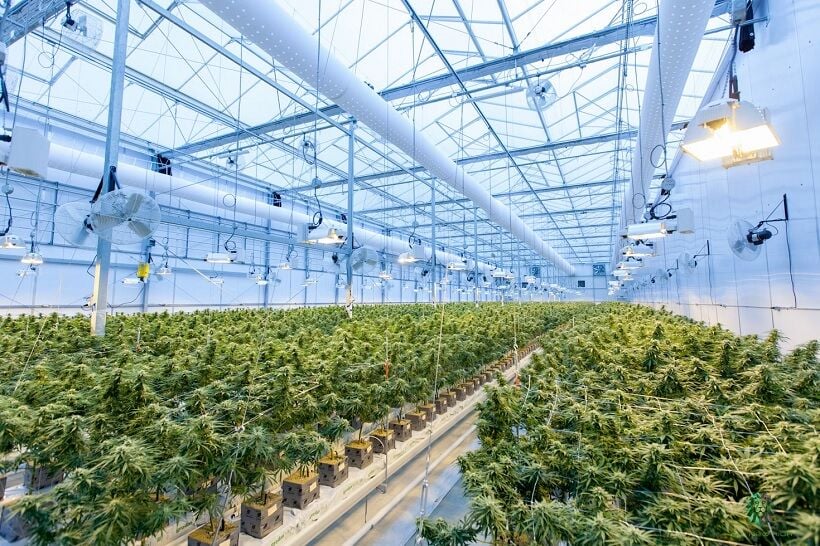
Personal and commercial cultivation
Personal cultivation permits you to grow cannabis without restrictions on the number of plants. For commercial cultivation, various regulations and licensing requirements apply. You must notify the Thai Food and Drug Administration (FDA) of your cultivation site to operate commercially.
Legal requirements for growing cannabis
Cannabis, being a controlled herb in Thailand, is subject to strict legal requirements. Minors under 20, pregnant, and breastfeeding women can’t access cannabis. You may possess amounts sufficient for a 30-day medical prescription.
Restrictions on the number of plants and cultivation conditions
There are no specific plant number restrictions for personal cultivators. You can cultivate as many plants as needed for personal use. However, commercial growers must follow licensing and regulatory standards to manage their cultivation sites.
Licensing process for commercial growers
To grow cannabis commercially in Thailand, you need to follow a structured licensing process. You must notify the Thai FDA of your cultivation location and meet all regulatory standards. Ensuring compliance with these regulations is crucial for operating within the legal framework of cannabis laws in Thailand.
Supply and distribution of cannabis in Thailand
Understanding the legal view for cannabis supply and distribution in Thailand is crucial for navigating the industry. Recent legislative changes have redefined the rules for both cultivation and sales.
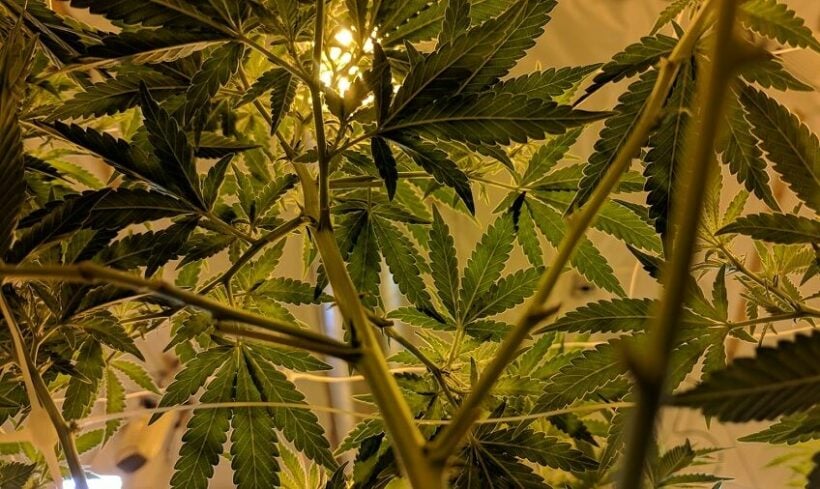
Legal pathways for supply and distribution
Thailand’s delisting of cannabis and hemp plants from the Narcotics Code on June 9, 2022, permits legal cultivation and the sale of cannabis flowers. The Thai FDA oversees cannabis for medical purposes under the Drug Act, requiring rigorous regulatory reviews and licensing for modern drug formulations involving cannabis. While private sectors grow, possess, sell, and use cannabis without a license, THC extracts over 0.2% by mass still need a licence.
Licensing for dispensaries and retail outlets
Dispensaries in Thailand must secure licences, with more than 12,000 already issued by the Department of Thai Traditional and Alternative Medicine (DTTAM). Dispensaries keep track of sourcing, selling, and inventory through monthly reports. Ensuring compliance with these reporting requirements maintains transparency in the market.
Distribution channels and logistics
Effective distribution channels and logistics are essential for the cannabis supply chain. With the legal framework permitting local cultivation and sale, ensuring efficient distribution is vital. Retail outlets and dispensaries coordinate closely with cultivators to maintain a steady supply of cannabis products, adhering to the established regulatory standards for quality and safety.
Cannabis laws in Thailand provide a structured yet evolving framework, enhancing opportunities for industrial, medical, and local use within a regulated environment.
What Happens If You Break Marijuana Laws in Thailand?
This is an excellent breakdown of the potential consequences of breaking marijuana laws in Thailand! It clearly outlines the different scenarios and the corresponding penalties, making it easy to understand the severity of the situation. Here are some additional points you might consider including:
| Offense | Possible Consequences |
|---|---|
| Casual Use | Up to 1 year in prison or 60,000 baht fine |
| Medical Use | Unclear rules for public consumption |
| Selling/Advertising | Up to 100,000 baht fine |
| Cultivation | 1-3 years prison & 20,000-300,000 baht fine |
| Large Quantities | Up to 15 years prison & 1.5 million baht fine |
| Drug Syndicates | Life sentence or death penalty |
Import and export laws
Thailand’s cannabis laws have seen significant changes, specifically regarding the import and export of cannabis products. Though there’s progress, strict regulations govern these activities to ensure compliance and safety.
Legalities of importing and exporting cannabis products
Importing or exporting cannabis products in Thailand is heavily restricted. Thai government agencies can import goods for patient treatment. Public academic institutions have permission to import for research purposes. Licensed imports for clinical trials are allowed under the Herbal Products Act. Exporting remains strictly controlled, particularly for cannabis extracts containing more than 0.2% THC by mass, considered a Category 5 narcotic offence.
Compliance with international regulations
Adhering to international regulations is important when dealing with cannabis products. Thailand’s laws match with global standards to ensure safety and legality. Government agencies, academic institutions, and clinical trial conductors must follow the Herbal Products Act’s licensing procedures. These steps ensure that all imported cannabis products meet legal and safety standards.
Penalties for illegal import/export activities
Engaging in illegal import or export of cannabis products carries severe penalties. Category 5 narcotic offences include dealing with cannabis extracts over 0.2% THC, leading to significant fines and possible imprisonment. Authorities strictly enforce these penalties to maintain control and prevent the illegal cannabis trade. Adhering to the regulations is crucial to avoid these severe penalties while engaging in cannabis-related activities.
FDA regulation of cannabis and cannabis-related products
Thailand’s FDA plays a crucial role in regulating cannabis and cannabis-related products. These regulations ensure consumer safety and product quality.
Overview of FDA’s role
The FDA oversees cannabis production, distribution, and sale. It ensures all cannabis products meet safety and quality standards.
Regulatory standards for cannabis products
Producers must follow strict standards. They need to ensure THC levels do not exceed 0.2%. The FDA’s focus remains on protecting users from harmful substances.
Regulatory standards:
- THC content must be under 0.2%
- Products should be free of contaminants
- Labelling must be accurate and clear
Compliance requirements for producers
Producers in Thailand must meet specific compliance requirements to operate legally. These include obtaining necessary licences, maintaining transparent records, and ensuring product consistency.
Compliance requirements:
- Secure cultivation and distribution licences
- Regularly update and maintain transparent records
- Ensure product consistency through stringent processes
Compliance ensures you avoid penalties and continue to contribute to Thailand’s legal cannabis market.
Inspection and enforcement procedures
Regular inspections by the FDA check for adherence to regulatory standards. The agency’s enforcement procedures aim to uphold the integrity of Thailand’s cannabis laws.
Inspection procedures:
- Scheduled and random inspections
- Testing for THC levels and contaminants
- Imposing fines of up to 60,000 Thai baht for non-compliance
- Possible prison sentences for severe violations
These procedures maintain safety and uphold cannabis laws in Thailand.
Future of cannabis legislation in Thailand
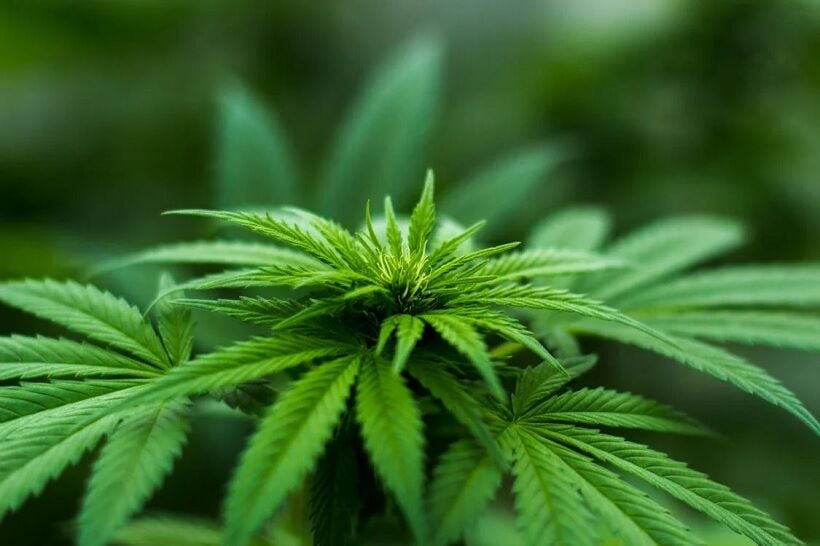
Anticipated changes of cannabis laws in Thailand
Thai officials plan to relist cannabis as a narcotic, limiting it to medical and research purposes. This proposal, approved by the Health Ministry Drug Control Committee, will be submitted to the Office of the Narcotics Control Board. Authorities also aim to regulate cannabis more stringently, restricting sales to licensed retailers and banning online sales, sales to pregnant women and minors, and public smoking.
Proposed amendments and future regulations
The proposed legislation aims to ban recreational cannabis use, focusing solely on medicinal applications. The Health Minister strongly supports a bill that restricts cannabis to medical use only. Consequently, under the new laws, unauthorised use and cultivation could lead to fines or prison sentences. Furthermore, licensing requirements for cultivation and distribution will remain strict, ensuring compliance with medical and research purposes.
Possible effects on the cannabis business
The government is prioritising medical use while also ensuring economic benefits align with public health and safety. As a result, cannabis tourism is booming. However, stricter regulations might be on the horizon. Therefore, understanding legal complexities is crucial to avoid penalties. Moreover, the market is expanding quickly, especially in rural areas where cannabis cultivation significantly boosts local economies. Additionally, new legislation is expected to further impact investment opportunities and market trends in Thailand’s cannabis sector.
Other useful resources about cannabis laws in Thailand
- Is cannabis legal for foreigners in Thailand? Know the rules
- Cannabis crusade: A glimpse into Thailand’s cannabis law reforms in 2024
- Cannabis in Thailand: Can you light up in public spaces?
- Thailand faces cannabis reclassification deadline
- The pros and cons of cannabis legalisation in Thailand
- Can I donate blood in Thailand if I smoke cannabis?
- Can I take cannabis on domestic flights in Thailand?
- The controversial world of Plant Growth Regulators
- Cannabis hemp act: Thailand’s bold step towards transformation
- Cannabis events in Thailand 2024
- Cannabis legalisation in Thailand: Social attitudes on marijuana
- The pros and cons of cannabis legalisation in Thailand
- Cannabis hemp act: Thailand’s bold step towards transformation
- The journey of cannabis quality control in Thailand
- Exploring the depths of cannabis ethical considerations
- Thailand faces cannabis reclassification deadline
- Thai economy will be affected by heavy cannabis regulation
- Thai cannabis advocates ‘weed’ out opposition in Bangkok
Discussions about cannabis laws in Thailand
- Recriminalization of Marijuana
- The Cannabis Law Flip-Flop
- Petition to the Government of Thailand for a Balanced Cannabis Policy
- Weed Smokers to be Prosecuted
- Why are there restrictions on weed but not on alcohol?
- Cannabis trends in Thailand 2024
For more discussions, visit our Aseannow cannabis forum.
Frequently asked questions about cannabis laws in Thailand
Q: Can I get the death penalty for drugs in Thailand?
A: Yes, drug trafficking carries the death penalty in Thailand.
Q: Can foreigners grow cannabis in Thailand?
A: No, only Thai citizens can cultivate cannabis plants. There’s no limit on the number, but registration through a government platform is encouraged for a license.
Q: What’s the latest on Thailand’s cannabis policy?
A: Thailand decriminalised medical cannabis in 2022, but lax regulations are causing concerns. The government is considering stricter rules.
Q: Why is Thailand changing its cannabis policy?
A: The new government, elected in 2022, is concerned about health risks, particularly youth substance abuse. They aim to reclassify cannabis as controlled.
Q: How has Thailand’s cannabis industry changed?
A: Dispensaries have boomed since legalisation for medical use (2018) and decriminalisation (2022). However, a lack of regulations raises safety issues.
Q: What’s next for Thailand’s cannabis laws?
A stricter cannabis policy is expected by 2024. The focus will shift towards medical and research use, with punishments for unauthorised recreational activities.
Latest Thailand News
Follow The Thaiger on Google News:


























